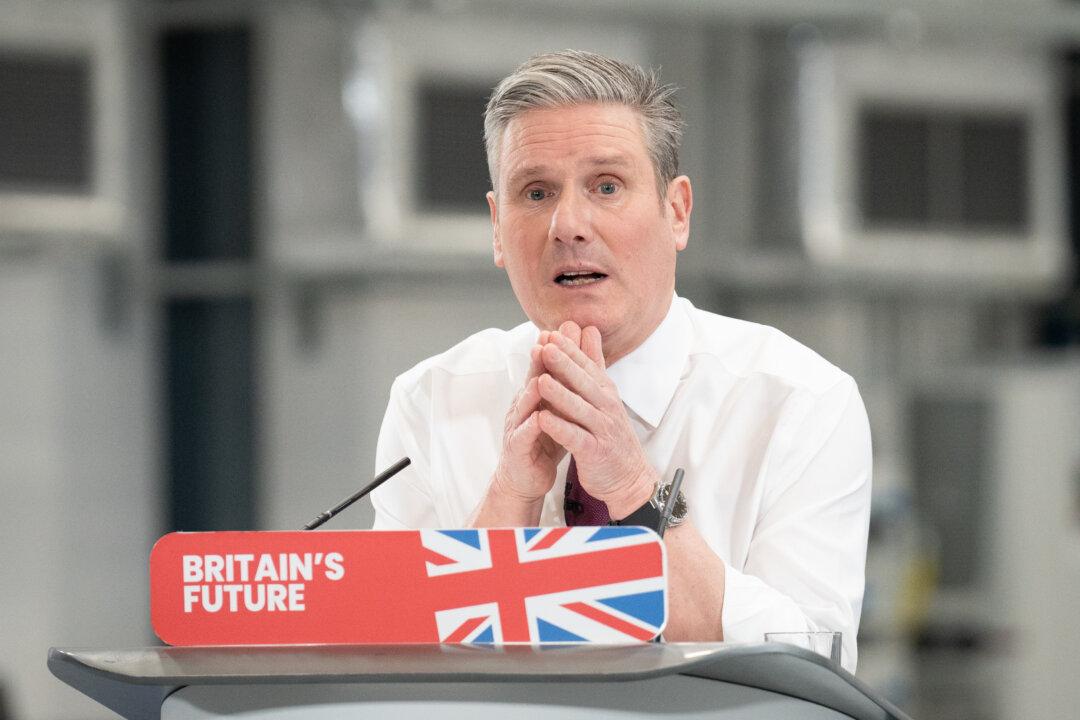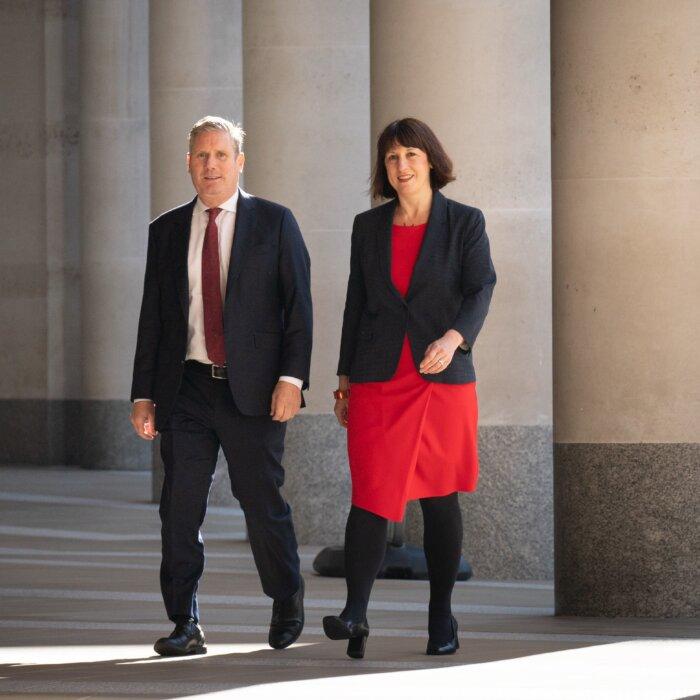Labour’s new campaign document has left out any mention of the party’s £28 billion green pledge, amid rumours of backtracking on the policy.
The 24-page document, called “Let’s Get Britain’s Future Back,” sums up Labour’s key missions on growth, energy, health, crime, and opportunity.
While it discusses the creation of a publicly-owned clean energy company, Great British Energy, to reduce Britain’s dependence on Russian energy, it fails to mention the party’s £28 billion green pledge.
Fiscal Rules
The Tories then accused Labour of backtracking and called the policy a “disaster.”Conservative Party chairman at the time, Greg Hands, said that Labour planned to stick to borrowing £28 billion, which would lead to higher inflation and interest rates.
Last week, the former chair of the Government Review of Net Zero, who resigned as an MP at the beginning of the year, Chris Skidmore, said that the £28 billion investment was “needed.”
Finally, speaking at a conference in central London in December, Sir Keir reiterated his commitment to the pledge, but said it was subject to Labour’s fiscal rules.
“It is, of course, subject to our fiscal rules. But I am confident that if we turbocharge the growth that we need, we’ll be able to achieve the investment we need within the fiscal rules,” he said.
In Labour’s “campaign bible,” Sir Keir promised a “decade of national renewal,” if the party enters Downing Street.
He vowed to prioritise economic stability “front and centre of everything,” and set “no unfunded spending plans.”
“A government I lead will always live within our means. Where we will as a government invest, we explain where every penny comes from,” Sir Keir said.
Having previously said that the party’s strict fiscal rules “are not a straitjacket for the £28 billion,” Sir Keir left room to believe the investment will take place, despite being left out from the campaign blueprint.
He added that he was “really confident that we can make the investment that we need to within our fiscal rules, because I’m confident that we’re doing the work on growth that we need to do.”
Sir Keir’s comments came after Chancellor Jeremy Hunt pencilled in difficult cuts to public services in the years beyond 2024 in the Autumn Statement. The move was criticised by the Labour leader who said that the government prioritised its political strategy over the prosperity of the people.
In the “campaign bible,” Sir Keir argued that the ruling Conservative Party “cannot be the answer to Britain’s problems when they are the cause of them.”
The Labour Party, however, according to its leader, is nothing like it used to be in 2019. He said that the party underwent a “shake-up” and is not willing to compromise on national security, standing up for the UK’s armed forces, and controlling the country’s borders.







